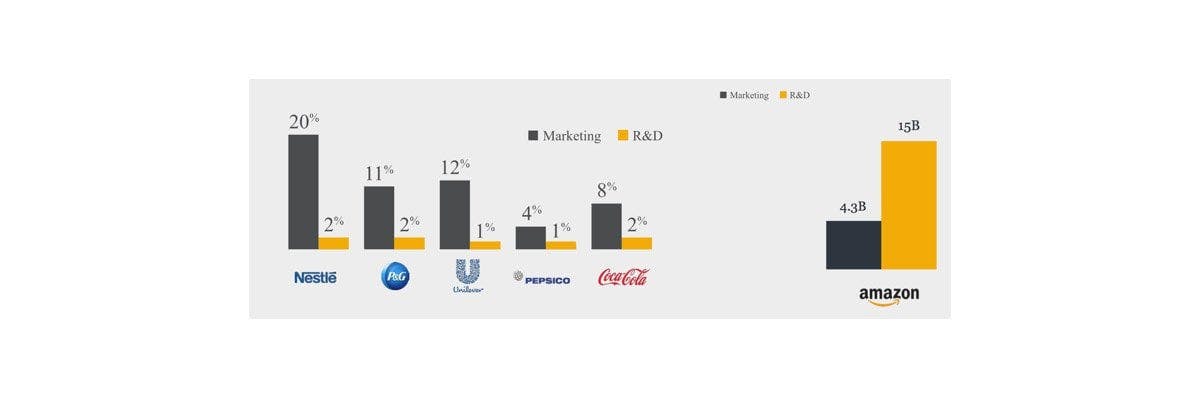Tectonic Business Shifts Reveal Agency Value
By Adam Kleinberg
We are on the precipice of massive change. Retailers are shutting down stores in droves in response to changes in consumer buying habits.
Product companies that rely on those retailers as channels are left with nowhere to sell their products. We are talking public companies—stalwarts of the American economy for dozens of years or more—going broke. Many will simply cease to exist.
Meanwhile, digitally driven companies have become giant killers. In 2016, General Motors sold 10 million cars for the first time. Tesla sold 76,000, yet their market cap surpassed GM in April. What does that tell you about the market's belief in the ability of traditional market leaders to compete in the coming years?
In recent years, digital shops have not escaped the turbulence. Brands have taken many marketing functions in-house. Competition has swarmed as consultants, publishers, production companies, influencers, and more have tried to move in on the marketing services pie. Media has gone programmatic. The Google/Facebook duopoly sucks up the vast majority of digital ad dollars.
The result? Agencies have been hurting.
Case in point: A year after going on a digital spending spree, Publicis had to take a $1.5 billion write down on their digital business. Ouch.
This has created a situation where many agencies don't have a clear understanding of the value they can actually provide to marketers. And if agencies can't see it themselves, you can bet our clients haven't. Many agencies scrambled to provide commoditized services to "hit their numbers" without stopping to ask if they were actually providing value to clients.
Of course, any business that does not provide value to its customers is doomed to fail.
Fear not. As we face a tectonic reshaping of the business landscape, there is a silver lining for shops with strong digital capabilities. When plates shift, things rise to the surface: for agencies, what's surfacing is a clear picture of the value we can bring to brands.
In his book, Predicting the Turn , Dave Knox illustrates that companies like Nestle, P&G, Unilever, and Pepsi spend between 4 and 10 times the amount on marketing as they do on R&D. Amazon, on the other hand, spends more than 3 times as much on R&D. According to Know, other technology-driven companies like Google, Microsoft and Apple are following suit. Is it any wonder that that the companies that perpetually invests in its own future are the ones laying waste to its competitors across the board?

In a 2014, Gartner study, 89% of companies surveyed said they expect to compete mostly on the basis of customer experience by the end of 2016, versus 36% four years prior. This is because advertising on TV is no longer a viable path to beat the competition. The companies that will survive the shift will be the ones that invest in their future. And, this reshaping of the customer experience is a significant slice of where that R&D investment needs to go.
This is where agency value will become redefined. We can apply our strategic, analytic, creative and technical expertise to help define, imagine and build the experiences that help brands create new meaningful relationships. We can help them compete in a challenging world.
Traction has been able to respond by bridging the gap between our expertise in uncovering consumer insight and our UX chops to propose a strategic approach to planning, ideation, development and optimization of an entirely new product. This is not "hey, I need you to build this." This is, "hey, I need you to find an opportunity for us to grow—and then build it."
Call that R&D. Call that consulting. Call it product design. That, ladies and gentlemen, is value—no matter what you call it. It's something clients will buy because it's something they need. And it's something that talented digital agencies are uniquely situated to deliver.

Each year, the leaders of the advertising world descend on Orlando for the ANA Masters of Marketing conference.

The day has come, Flash is officially dying.

Traction's 'Days of Action' initiative was featured in an article written by Erik Oster and published here on AdWeek.
